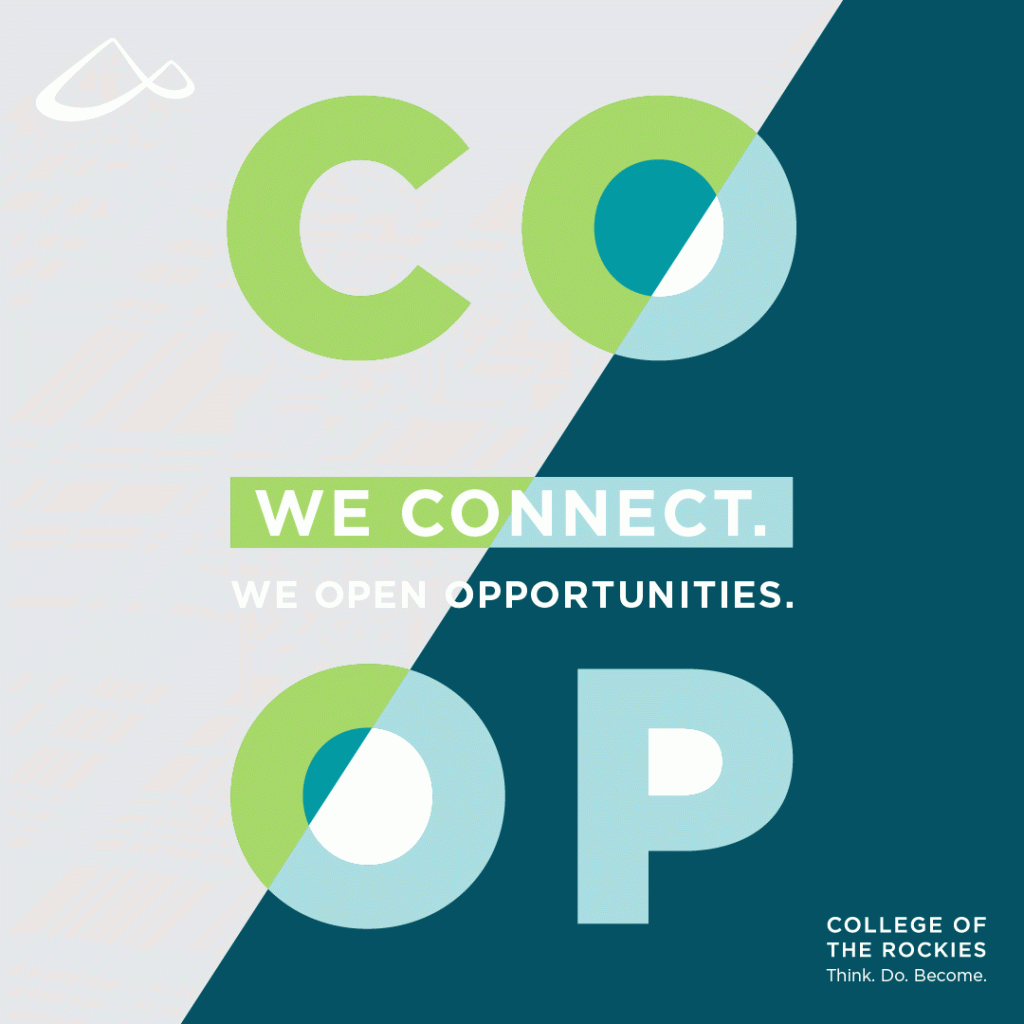Kinesiology Diploma
Are you passionate about exercise, sport, health, and human movement? Consider the Kinesiology program. Kinesiology is the study of the human body in motion and is a growing field that offers a variety of careers and educational opportunities.
As one of our instructors is a certified Canadian Society for Exercise Physiology (CSEP) Exercise Physiologist and Personal Trainer instructor/examiner, you can also be eligible for CSEP Personal Training certification at the end of your second year – a year ahead of students at many other institutions.
Program Information
Tuition and Fees for Domestic Students
Tuition and Fees for International Students
Career Info and Pathways
Kinesiology Diploma – Block Transfer Agreements
Meet Your Instructors
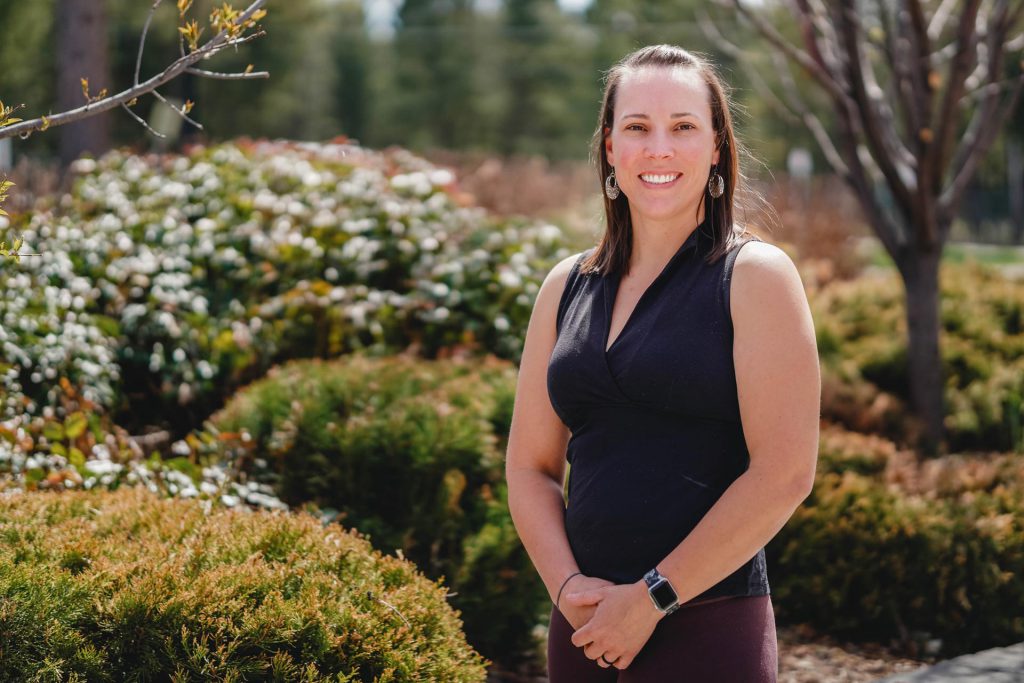
Jodie Pickering
Kinesiology
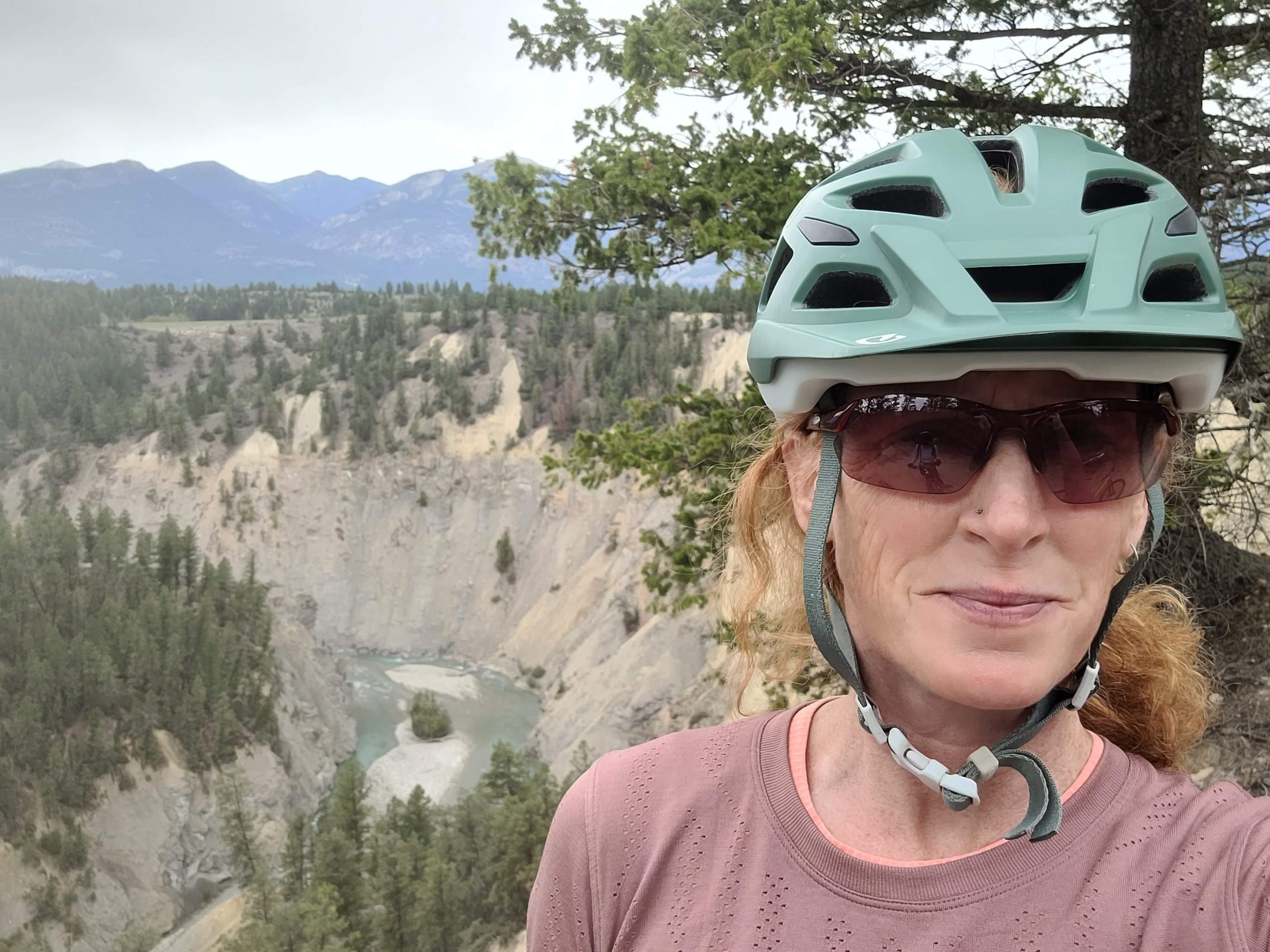
Jani Vogell
Kinesiology
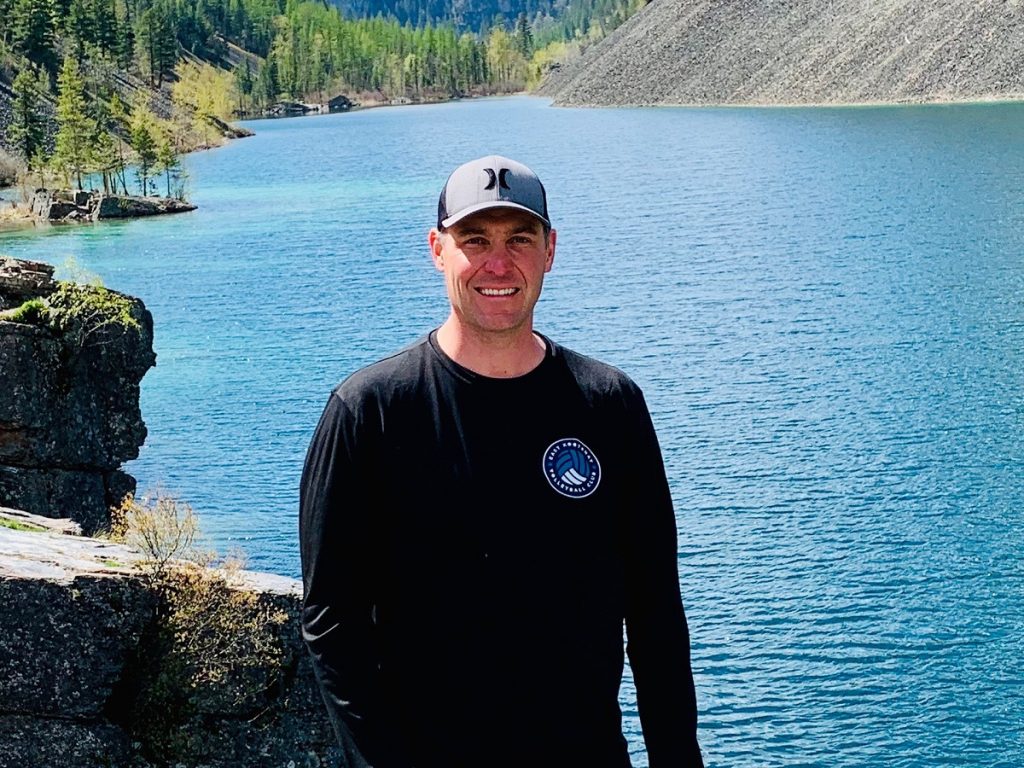
Steve Kamps
Tourism Management / Recreation Management / Kinesiology
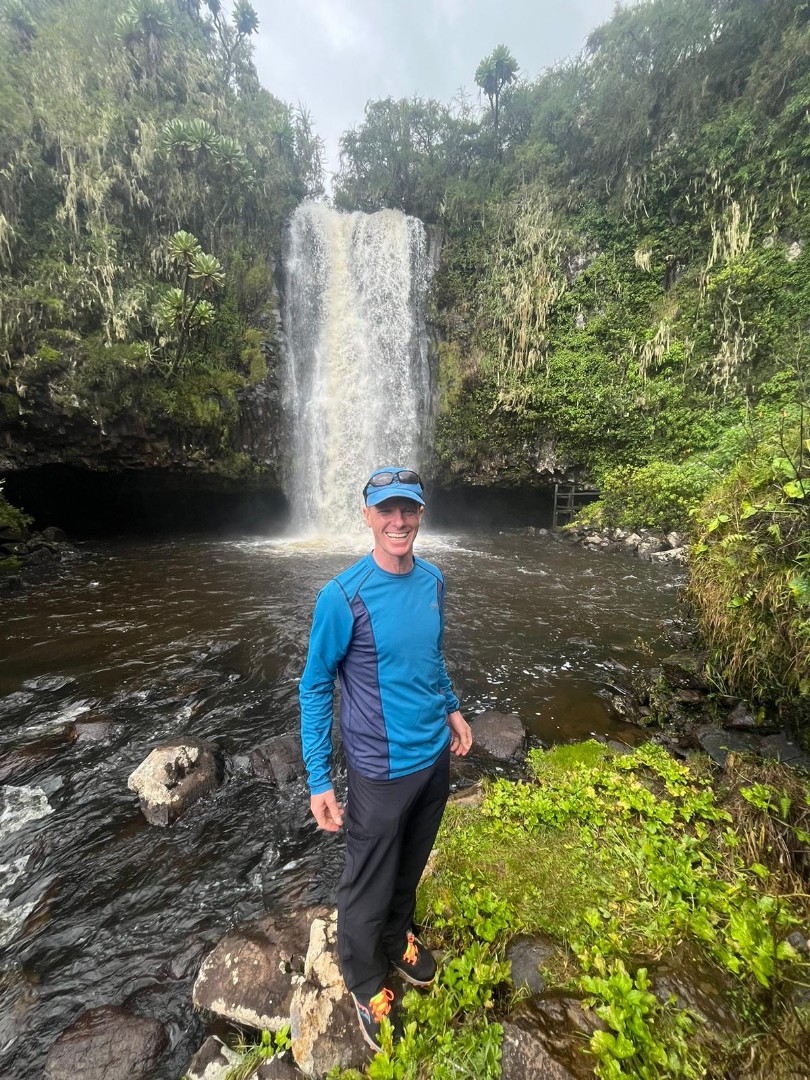
Ollie Blake
Kinesiology
Articles of Interest
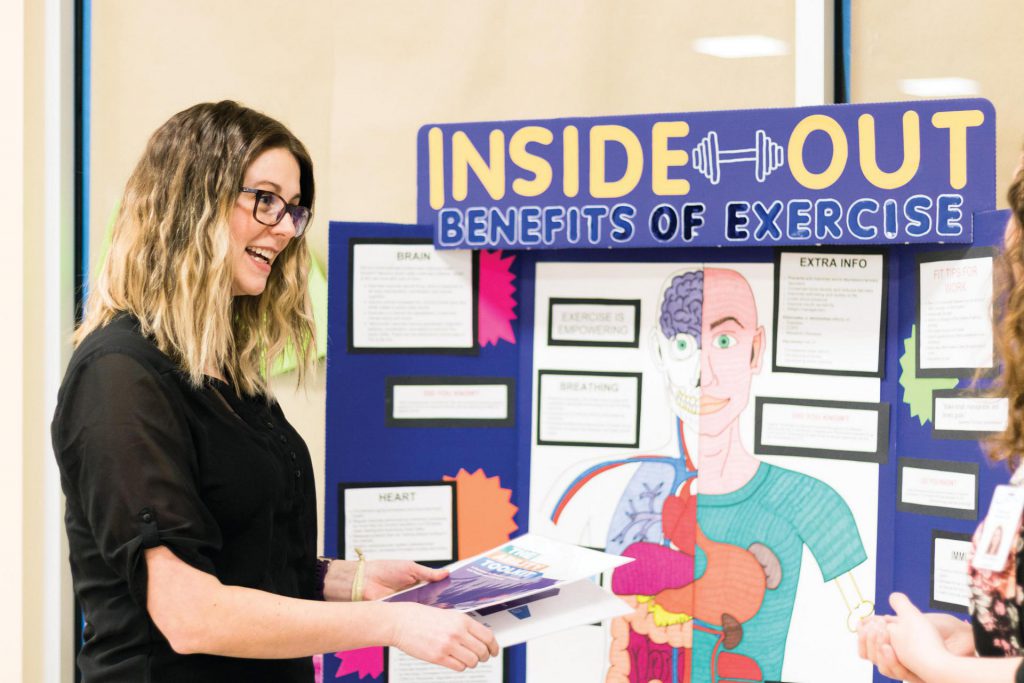
College of the Rockies Nursing and Kinesiology students holding health fair
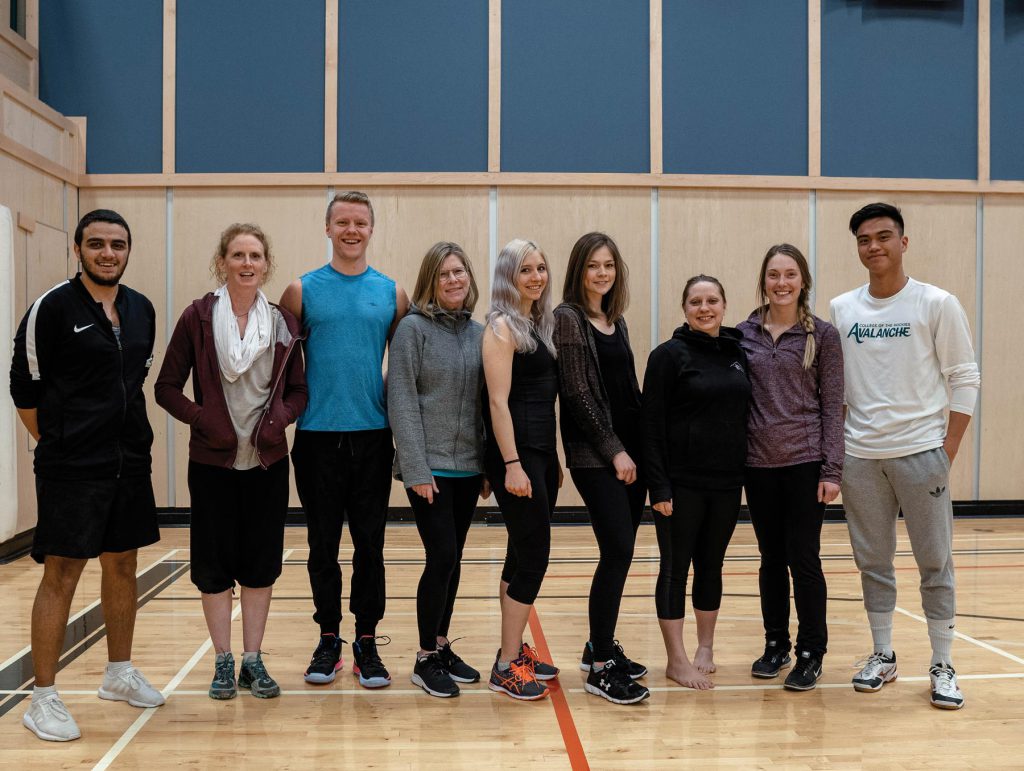
Eight Kinesiology students eligible for CSEP personal training certification
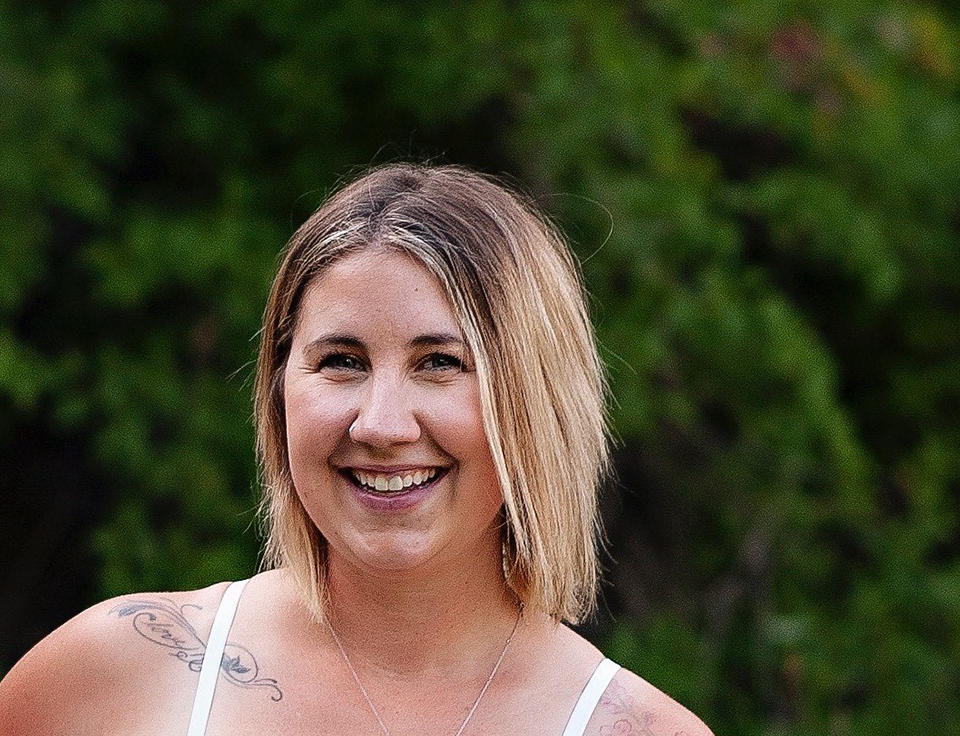
A pathway to success
Alumni Quotes
“Small class sizes meant I got to work closely and build relationships with my instructors and classmates. We got lots of hands-on time which was incredibly valuable in learning new skills.”
“The ability to connect with peers and instructors because of small class sizes. Interactive and engaging lectures and labs and positive collaboration opportunities.”
“Aside from the vast amount of knowledge and understanding gained in an area I love and find interesting, it has been connecting and networking with people with whom I share similar and different interests and perspectives. I have always found the content valuable and useful, even if it might not relate directly to my career path. I get to study what I am most passionate about. Also, the instructors at the college were extremely supportive and understanding, and very knowledgeable.”
“The stand out to me is how devoted the faculty is in aiding my education. After attending both COTR and [university] I think I had a much better learning experience at COTR. It was vital to be able to have a personal connection with my professors and know that they truly care about my education and success.”
